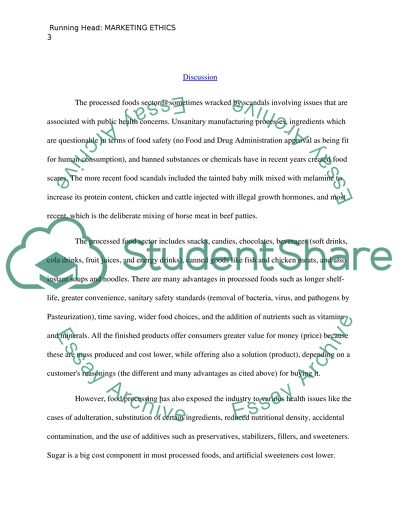Marketing Ethics Essay Example | Topics and Well Written Essays - 750 words. Retrieved from https://studentshare.org/marketing/1469914-marketing-ethics
Marketing Ethics Essay Example | Topics and Well Written Essays - 750 Words. https://studentshare.org/marketing/1469914-marketing-ethics.


